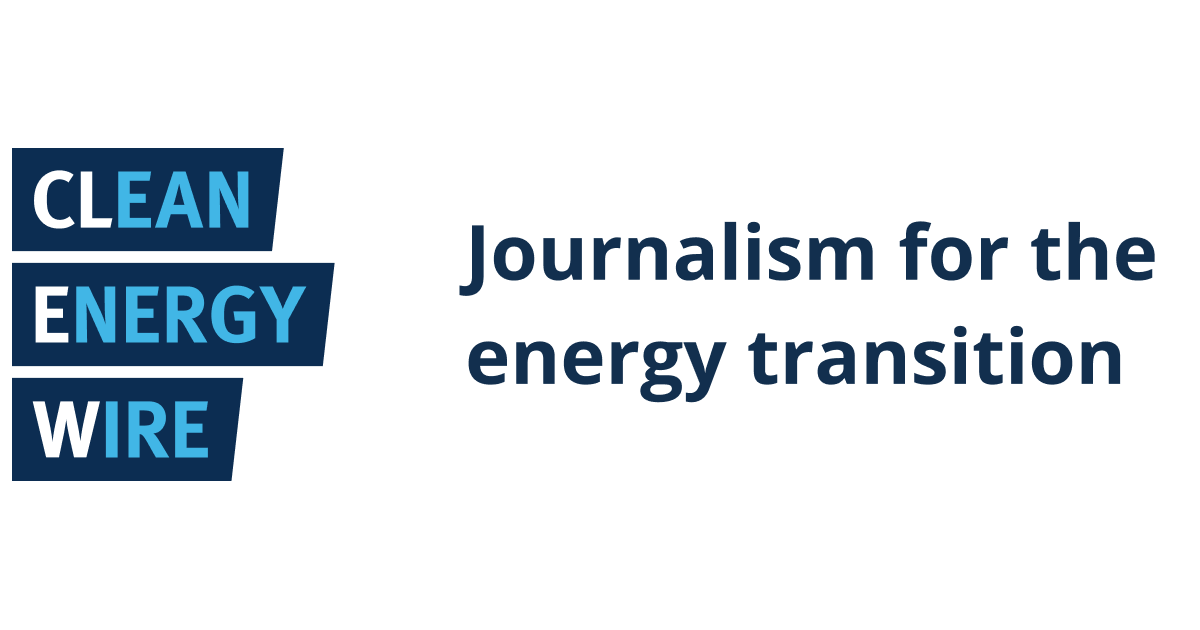Germany's Renewable Energy Industry Reacts to Draft of 500-Billion Euro Special Fund
Key Ideas
- Renewable energy industry in Germany welcomes the draft of a 500-billion euro special fund for infrastructure and climate projects.
- Concerns raised about the vagueness of key aspects in the draft, potentially hindering effective distribution of funds for achieving net-zero emissions by 2045.
- Economists emphasize the need for clear definitions and modern economic viability understanding to ensure funds are appropriately utilized for long-term growth and climate goals.
- Calls made for aligning legal frameworks, support programs, and continuity to progress municipal heating decarbonisation in Germany's states using the special fund.
Germany's renewable energy industry, represented by the Renewable Energy Federation (BEE), has expressed enthusiasm towards a draft detailing the design of a 500-billion euro special fund for infrastructure and climate neutrality. While the industry sees this as a positive step towards future-oriented investments, concerns have been raised regarding the vagueness of key aspects in the draft. The industry emphasizes the need for clear definitions and a modern economic viability understanding to ensure effective distribution of funds for Germany's goal of achieving net-zero emissions by 2045.
The new coalition government in Germany has established a debt-financed special fund focusing on infrastructure and climate projects, with a significant portion allocated to the country’s climate and transformation fund. Economists are cautious and stress the importance of preventing the fund from becoming a general spending pool for the next government, instead urging its use to boost long-term growth prospects.
One of the key challenges highlighted is ensuring that the funds are spent in a targeted manner. Specific terms such as 'energy infrastructure' and 'digitalization' need clearer definitions to guarantee investments are directed appropriately, especially at the federal level and within Germany's federal states. The industry calls for a focus on factors like climate neutrality, climate change effects, and the development of industries like renewable energy, electric mobility, as well as hydrogen and green gas production.
The Federation of German Water and Energy Industries (BDEW) also weighed in, suggesting that the special fund should be utilized by Germany's states to advance municipal heating decarbonization. To achieve this, support is needed in the form of guarantees for private investors to enhance and convert the heating grid. It is emphasized that aligning legal frameworks, support programs, and ensuring continuity are essential to facilitate a successful transition in heating decarbonization.
Topics
Power
Renewable Energy
Infrastructure
Decarbonisation
Investments
Economic Viability
Climate Neutrality
Transition
Federal States
Latest News
